|
This podcast is to discuss two important subjects with ultrasound. The first is a quick review of the Butterfly iQ (more detailed review to come) and the second discusses some of the key benefits of POCUS in EMS and other settings where having a larger machine is not feasible.
You may be tired of hearing this but here is an important update! If you register now for AAPA 2019 you can get your very own Butterfly iQ for the conference! Check out Yes, I Scan at AAPA May 2019. For students this is free but there will also be paid workshops in conjunction with SPOCUS and Practical POCUS. There are also paid sessions for a VERY low cost and you can register now for discounted rates to the conference.
If you are not familiar with the Butterfly iQ ultrasound machine, no problem. Emergency Physicians Monthly had a detailed discussion including how exactly it worked as well as comparing it to some of the other common "pocket ultrasound" devices. We have included two of the main graphics below with the first being a comparison chart and the second being the corresponding pictures. It is worth noting that some of the prices vary such as with the GE Vscan Extend which has become less costly in more recent months.
Some of the particularly favored features of the Butterfly iQ are the price, single probe system, and storage capabilities. The price point is far less than any of the other competitors. For less than $2000 an individual has an ultrasound machine that can literally fit in a pocket. Additionally, there are not multiple probes that have to be carried around. The GE Vscan is the closest competitor with two heads to one probe, but it has other major detractors such as the quality of the images in comparison and its price point. In addition to being able to storage images to PACS, Buttefly's images are save to a cloud based system which also allows users to share de-identified images to others. Below, are some images from the first time of using the author's own device on himself.
Overall, this is a fantastic device for the money. There are plenty of videos out there of its use but within minutes someone can pick up the probe and take high quality images and videos. These can then be shared by colleagues in a safe and HIPAA compliant manner. Truly a win for all involved. There are a ton of great reviews but one in particular by a couple of POCUS experts is through Critical Care Northamptom which has detailed reviews of other pocket ultrasound machines, as well. One last note, it is easy to store in a small case.
It is time to change topics slightly. Sure, we can use the Butterfly device for a few different purposes such as clinically, education such as with courses, and for practice at home. If you are a serious advocate and user of ultrasound, even the last purpose may be worth the price alone. Ultrasound education groups are starting to teach with Butterfly iQ more but the battery life may prove to be a potential issue.
There should not be a limitation to using ultrasound based on the setting. Butterfly iQ and other pocket ultrasound machines challenges this doctrine. However, some people will try to argue the purpose and need for ultrasound in setting such as EMS. There are multiple arguments as to why POCUS plays a role in EMS and other rural/remote settings such as wilderness medicine. In EMS, ultrasound is not meant to be used to diagnose conditions such as appendicitis. However, it can identify serious pathology and help develop an appropriate differential diagnosis as well as change care. This can drastically change the course of management such as where a patient may be transferred. For example, a hypotension chest/abdominal pain patient with evidence of a large AAA should go to tertiary care rather than a community hospital. Another example is the patient in cardiac arrest with what appears to be asystole but on POCUS shows fine ventricular fibrillation. It can also look for reversible causes such as tamponade. Codes can be called in more confidence and avoid unnecessary transport which can be dangerous. POCUS can also help decide appropriate therapies. A hypotensive patient may not benefit from more fluids if they have a large IVC and lots of B-lines bilaterally. However, a CHF exacerbation with a flat IVC and only mild B-lines could benefit from IV fluids. The key is to closely monitor and take the findings in context with the rest of the assessment just like any other tool in the toolbox. Finally, one of the most common uses that can quickly reduce cost is IV access. How many times does an IV get missed but with ultrasound can help get successful access? POCUS guidance cuts down the total number of IV attempts by about half which can save services money incredibly quickly. With machines under $2,000 it’s definitely a bargain but the training and understanding of application is key. Let us know what you think by giving us feedback here in the comments section or contacting us on Twitter or Facebook. Remember to look us up on Libsyn and on iTunes. If you have any questions you can also comment below, email at [email protected], or send a message from the page. We hope to talk to everyone again soon. Until then, continue to provide total care everywhere.
3 Comments
4/16/2019 03:33:01 pm
That is interesting that there could be a single probe system for an ultrasound. That is something I would want to have if I were working with ultrasounds. Maybe it would be good for someone working in medicine to get an ultrasound with a single probe.
Reply
Bill Marrocco MD
9/3/2019 01:21:41 pm
Hi
Reply
Chip Lange, PA-C
9/3/2019 09:48:57 pm
Great question. They have made some significant steps forward to reduce the rate of overheating. It is not as bad as when they first came out. The second generation may be better. Other pocket sized devices can also run into overheating, but unless you are doing prolonged scanning (such as with teaching) it will be a rare event. Even with teaching I only occasionally run into issues during vascular access or other times I’m using Color Doppler.
Reply
Leave a Reply. |
Libsyn and iTunesWe are now on Libsyn and iTunes for your listening pleasure! Archives
August 2022
Categories |
||||||
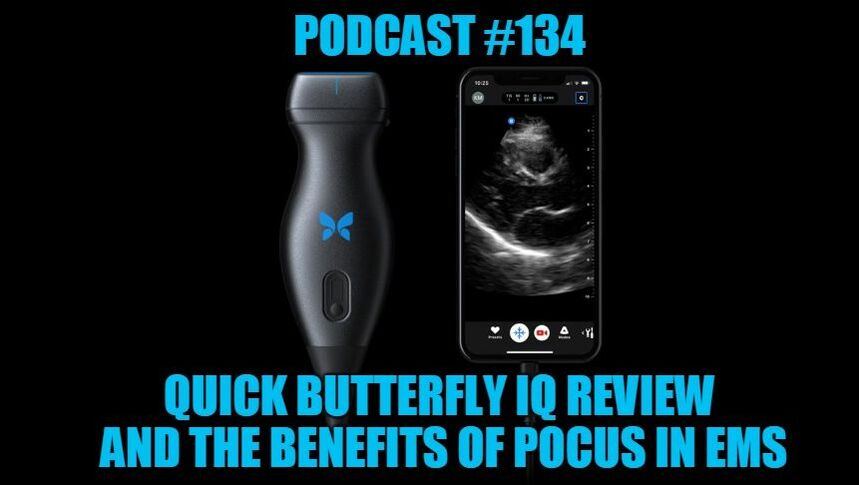
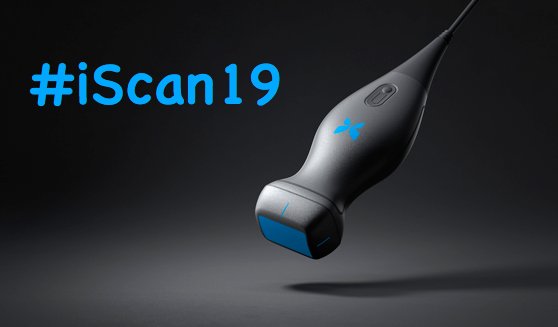
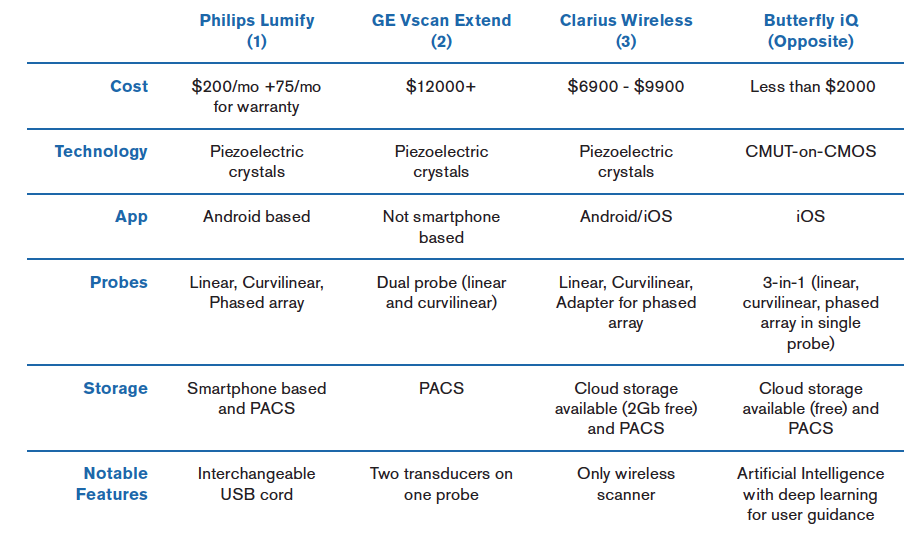
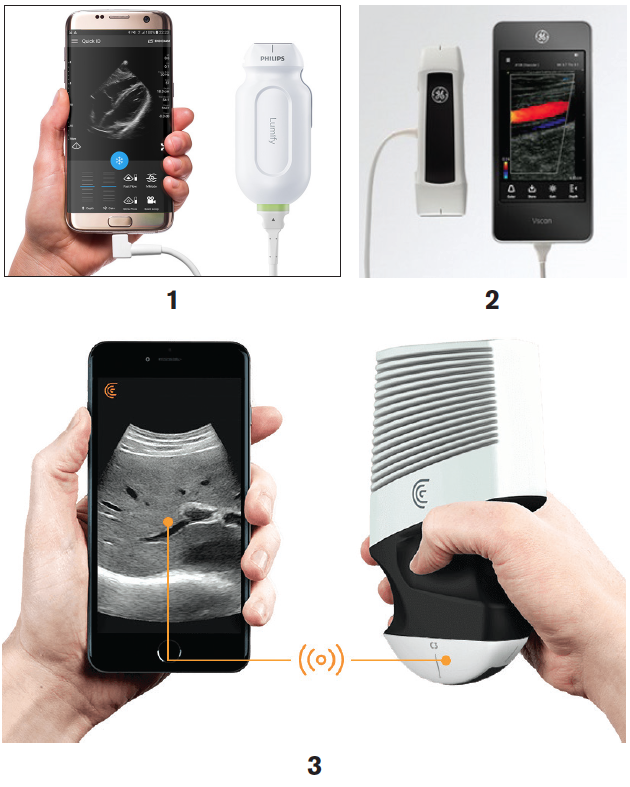
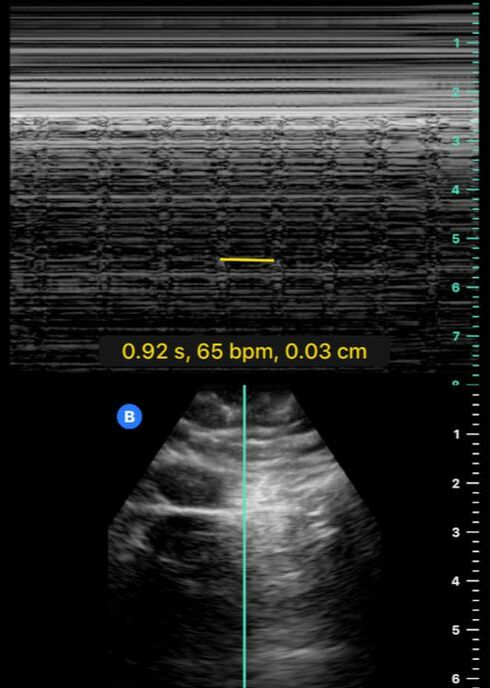
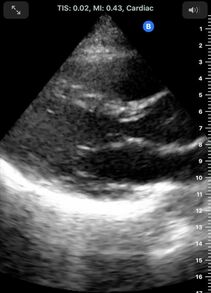
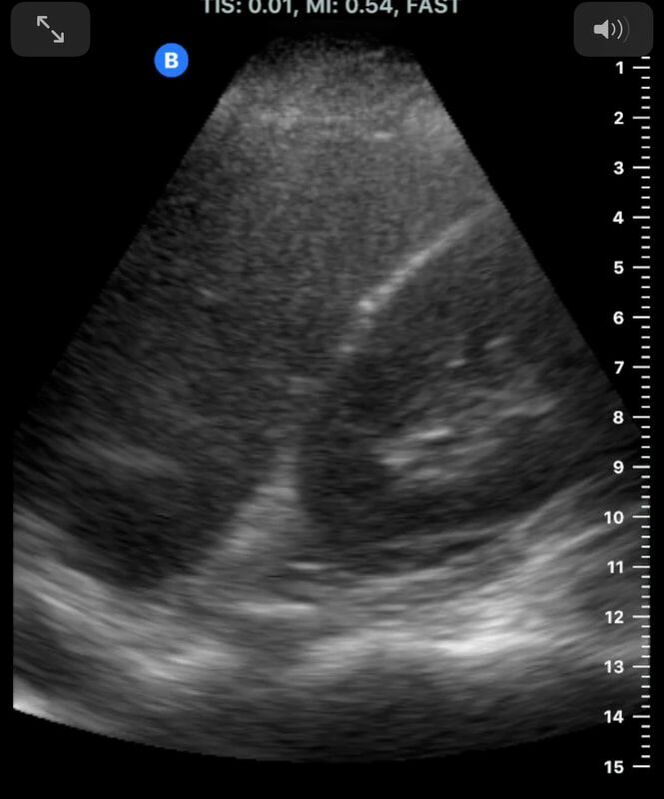
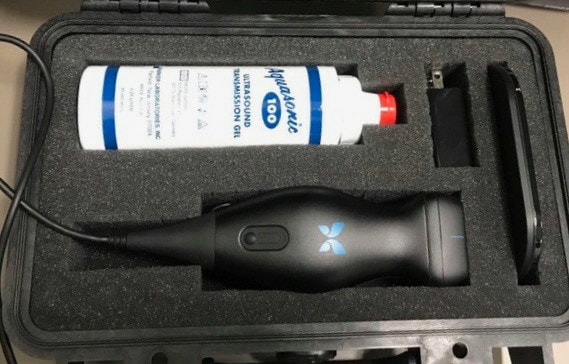
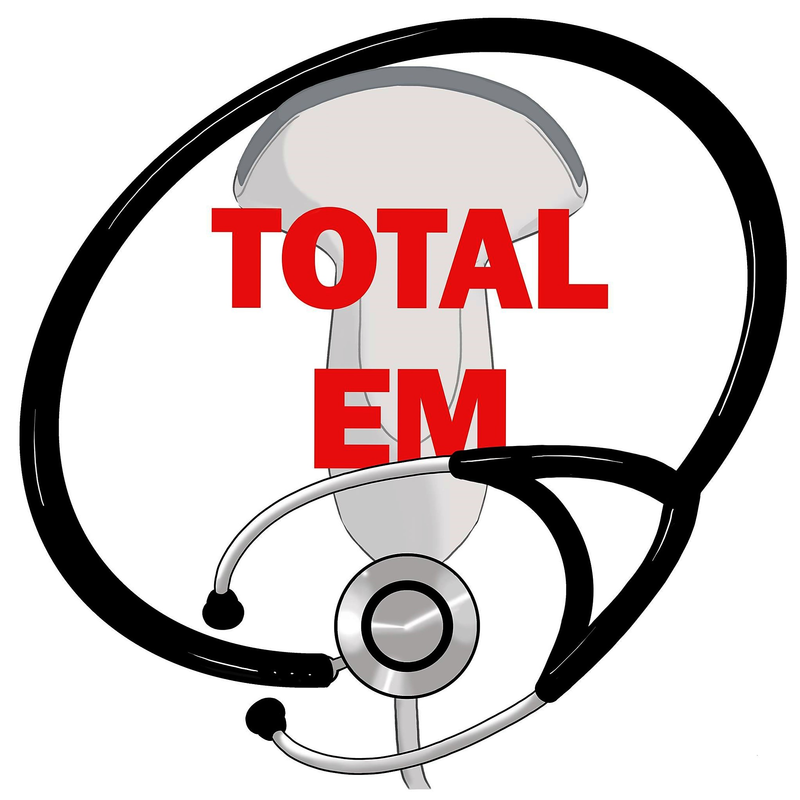
 RSS Feed
RSS Feed